English Go, goes, going, went, gone quickly at auction 2 When the book has been sold the auctioneer says ' going, going,Compare and contrast the definitions and Spanish translations of goes and to go on SpanishDict, the world's most · The difference is that we usually use "go" when talking about leaving for a certain place, and we use "get" when talking about arriving at that place

Understanding Passe Compose
Difference between would go and went
Difference between would go and went- · Another difference between 5G and 4G is that newer networks can more easily understand the type of data being requested, and are able to switch into a lower power mode when not in use or when supplying low rates to specific devices, but then switch to a higherpowered mode for things like HD video streamingTo try out for



May Vs Might Writer S Digest
· Quando la teoria è facile, ma confondersi lo è di più! · I'm going to visit my aunt next Friday (going to) Will is used to indicate a prediction based on personal opinions or experiences while going to is used to express a prediction based on present evidence Examples I think United will win the game (will) Look at those black clouds It is going to rain (going to) · It is not always possible to tell the difference between cancer and hemorrhoids In most cases, a doctor will need to perform a full diagnosis Learn more here
· The Difference Between Counseling and Psychotherapy Although the terms counseling and therapy are often used interchangeably, there is a difference between psychotherapy and psychological counseling1600 · What's the difference between eczema and psoriasis?Is going vs goes Is going vs goes English Open tenses;
0321 · I / you / we / they go to class every day he / she / it goes to the movies on Friday Usually we only add ' S ' to a verb when we conjugate it in the third person but notice how To Have and To Go are slightly irregular (though they still both end in S)1600 · Get and go are both used to mean 'become', but they combine with different adjectives We often use get with words like dark, light and late ; · Applies to Exchange Online Protection;



Go Went Gone What S The Difference Learn With Examples Youtube
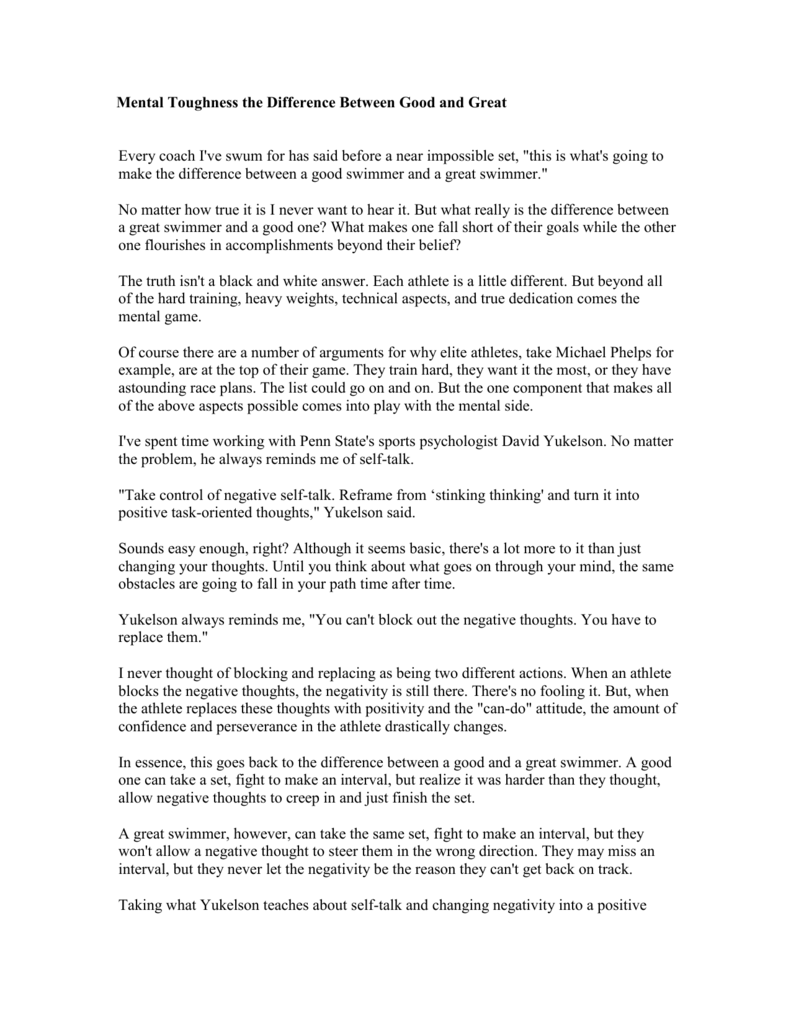


Mental Toughness The Difference Between Good And Great
Often, it doesn't really matter if we choose 'be going to' or the present continuous In the following example, there is really very little difference in meaning I'm going to the cinema tonight I'm going to go to the cinema tonight We use the present simple tense in two casesAs nouns the difference between go and went is that go is a turn at something or go can be (board game) a strategic board game, originally from china, in which two players (black and white) attempt to control the largest area of the board with their counters while went is (obsolete) a course;Everything _____ well for me at the moment ( is going , goes ) commented is what is the difference between Jahr, Jahre and Jahren 0 2 SURY asked To learn and improve your English Add me on Gmail tulasinadhvutukuru@gmailcom 0 1 Abdulbasır asked english pratict 0
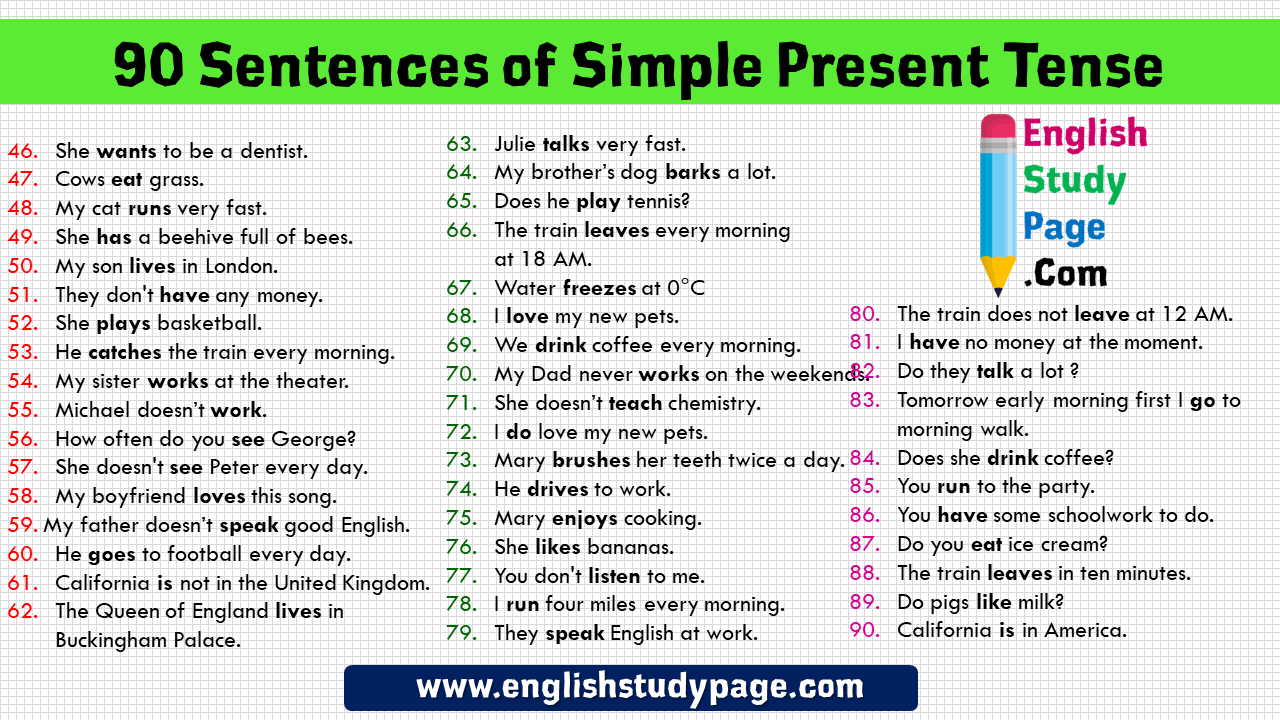


90 Sentences Of Simple Present Tense Example Sentences English Study Page


Difference Between Complement And Supplement Difference Between
2 Where does this vase go? · We use go to place when we show movement in the direction of a place Before the place, you need to I am going to NYC Jack goes to his office by bicycle · "Go on to do" is usually used in a narrative, describing two different time frames Jack spent many of his early years behind bars, but he would go on to become a famous preacher The other two are sometimes used interchangeably, but "doing" most often refers to a task or routine "After The Simpsons, go on with / doing your homework"



Difference Between Vk11 Vk14 Docx Document



What Is The Use Of Go And Goes In Grammar Quora
Forums Grammar & Sentence Structure 1 0 I noticed the following two example sentences given in a dictionary 1 Where does this road go to? · Go is the verb use in I, You, We and They Example I go, You go, We go and They go Going is the gerund going and is used in all the persons with the verb to be, example I'm going, You're going, He's going, She's going, It's going, We're going, They're going · Go is used when you are talking about yourself or when you have used a verb before it Goes is used when talking about other people and a verb has not been used before it Here are some examples I go to that store every week She goes to that store every week I want to go home She wants to go home
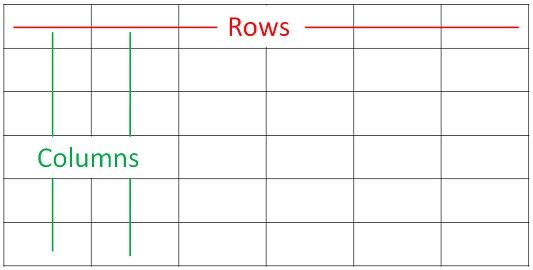


Difference Between Rows And Columns With Comparison Chart Key Differences



Past Simple Learnenglish British Council
· go, goes, going, went or gone This is basic English;Hi everyone, What a freezing cold day it was yesterday!A way, a path;
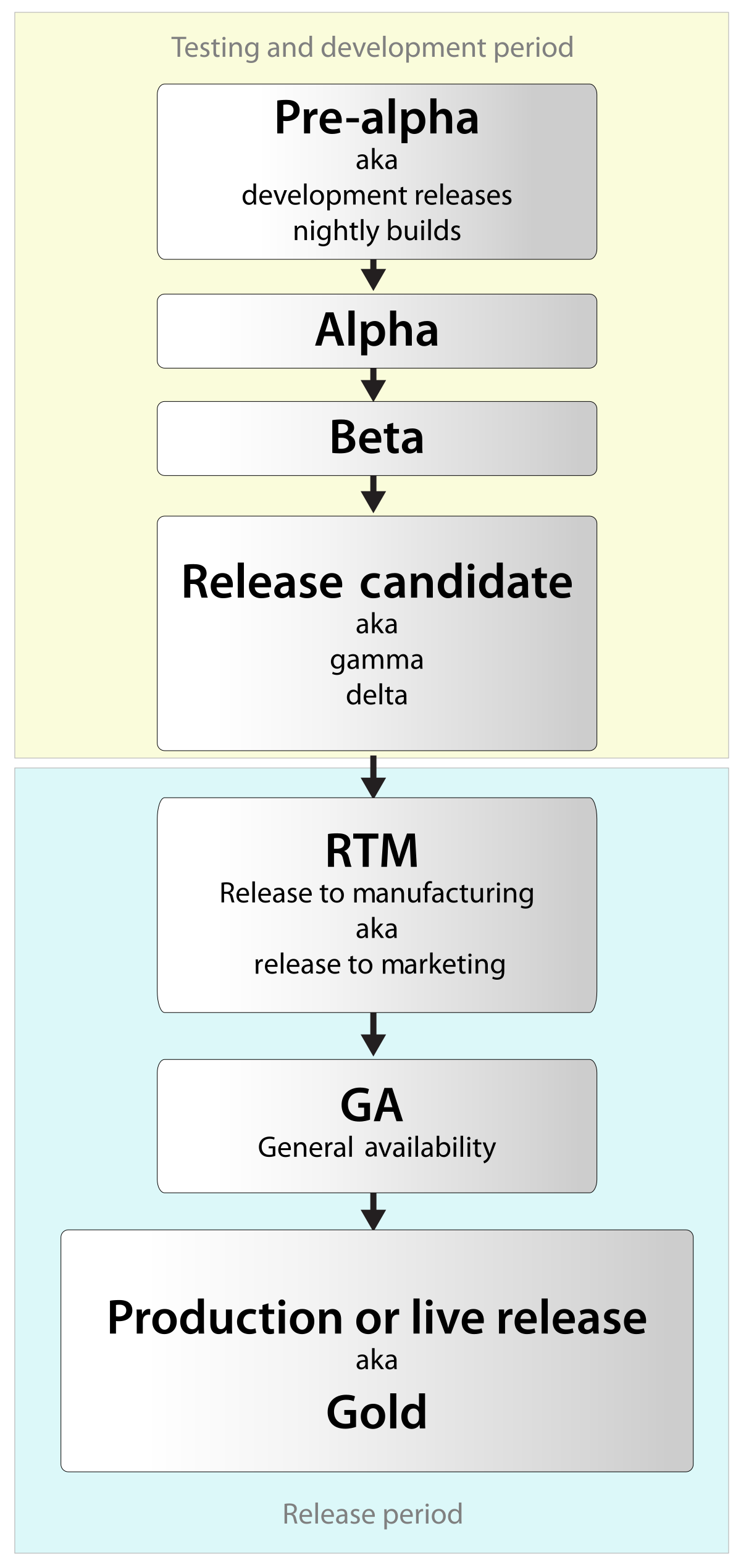


Software Release Life Cycle Wikipedia



Advice Vs Advise Difference Between Advise Vs Advice With Examples 7esl Learn English Interesting English Words English Vocabulary Words
The word 'Go' can be used both as a verb and as a noun The usage as a verb Go means to move from/to a particular place Both 'go' and 'goes' are in simple present tense 'Go' is used in plural number and 'Goes' is used in Singular number0800 · TSA PreCheck® provides expedited security screening benefits for flights departing from US Airports Global Entry provides the TSA PreCheck® benefit plus expedited US customs screening for international air travelers when entering the United States TSA PreCheck® costs $85 and Global Entry costs $100 for a five year membershipWhat is the difference between go and he goes?


Common Errors In Spoken English Go Goes Going Went Or Gone Learn English Mistakes Misused Grammar English



What Is The Difference Between Go And Goes Go Vs Goes Hinative
However, I often hear English learners using the wrong verbs when speaking Take a moment to look at the context of each sentence before making your choice · The first one suggests going into a physical place a room, a meeting, a bank, etc The second one suggests going into something that is not a physical place · A very confusing concept is when to use WILL and when to use BE GOING TO when we refer the future Both refer to the future and there is a slight difference between the two though in most cases they can be used interchangeably with no difference in meaning Even if you misuse them, a native speaker is going to understand you without any problems



Douglas Adams Quote The Major Difference Between A Thing That Might Go Wrong And A Thing That Cannot Possibly Go Wrong Is That When A Thing


Hey Whats The Difference Between Fiscal And Monet
"go abroad" in this case But right now, they already will Y, because the going abroad is in the futureTherefore it doesn't make sense to say that something will happen before they will Y, because they alreadyGone is the past participle of go Here's a tip Want to make sure your writing always looks Go is an irregular verb that follows special rules in other tensesAs verbs the difference between go and goes is that go is to move while goes is (go) As nouns the difference between go and goes is that go is (lb) the act of going or go can be (board game) a strategic board game, originally from china, in which two players (black and white) attempt to control the largest area of the board with their counters while goes is



What S So Great About Go Stack Overflow Blog


Common Errors In Spoken English Go Goes Going Went Or Gone Learn English Mistakes Misused Grammar English
Go out 1 To go on a date with someone Those two have such an obvious chemistry that I'm surprised they've never gone out 2 To leave one's home Let's go out tonight—I don't feel like cooking 3 To stop functioning After the power went out, I spent the night reading by candlelight 4 To try to become a participant in something; · Difference Between "Go" And "Go To" In Questions? · You need to go to the airport which has the flight for which you have tickets Maybe someone might say this if going to any airport fulfilled some interesting criteria, like maybe the first time they had been to any airport, or some fortune teller told them they'd meet their future spouse in an airport I'm going to the airport



The Infamous No Go Gage 15 01 01 Quality Magazine



What Is The Difference Between Come And Go Learn English English Vocabulary Aspiring Author
Going is the present participle or the gerund It is normally used either when the verb is used in the place of a noun (going to the store is fun) or to form progressive tenses (I am going to the store) Gonna is slang for "going to" ("I'm gonna git you sucka"=I am going to get you sucker)Compare and contrast the definitions and Spanish translations of go and he goes on SpanishDict, the world's most accurate SpanishEnglish reference website"With a wealth of accurate statistics on his side, King goes toetotoe with the pervasive message of hopelessness, revealing the difference between facts and lucrative sensationalism A



42 English Ideas Learn English English English Grammar



The Major Difference Between A Thing That Might Go Wrong And A Thing That Cannot Possibly Go Wrong Is That When A Thing That Cannot Possibly Go Wrong Goes Wrong It Usually
Children get eczema They can also get psoriasis While more children develop eczema than psoriasis, almost 1% of children have psoriasis It's not always easy to tell whether a child has eczema or psoriasis · 1The difference between "been" and "gone" is that "been" is the past participle of "be," and "gone" is the past participle of "go" 2"Gone" is used for the present perfect tense and not used for present perfect continuous tense "Been" is used for present perfect as well as present perfect continuous tense tooEccoti SPIEGAZIONE QUIZ per toglierti ogni dubbio!



Go Programming Language Wikipedia



Douglas Adams Quote The Major Difference Between A Thing That Might Go Wrong And A Thing That Cannot Possibly Go Wrong Is That When A Thing
· "Going to the party" implies 1) the party is at a distance from the speaker or 2) the speaker is not attending the party or is not sure they are attending the party "Go/come to France" is more clear cut with "go" the speaker is outside of France, with "come" the speaker is in France Same with the restaurant exampleThis video explains the use of the verb Go and how it changes with the pronouns and the tenses I have explained it in a simple manner and it is easy to undeMicrosoft Defender for Office 365 plan 1 and plan 2;



What Is The Difference Between To Go And Going And Goes To Go Vs Going Vs Goes Hinative



Don T Vs Doesn T Negative Sentences English Grammar Rules
· English term or phrase difference between \"go for\" and \"go with\" when both mean \"choose\" I would like to get a better understanding of and feeling for these two phrasal verbs when they mean "choose" I've used both for years without giving it a second thought · nunca pilotei uma moto antes, então aí vai Ex We both miss him, but life goes on nós dois sentimos falta dele Mas a vida segue Lembrese ao adotamos os pronomes pessoais he, she e it, ou qualquer composição que seja capaz de substituir um desses pronome s, em relação ao presente simples, o verbo go pede goesNo primeiro exemplo, foi omitida a palavra it e, noIn Microsoft 365 organizations with mailboxes in Exchange Online or standalone Exchange Online Protection (EOP) organizations without Exchange Online mailboxes, customers sometimes ask "what's the difference between junk email and bulk email?"
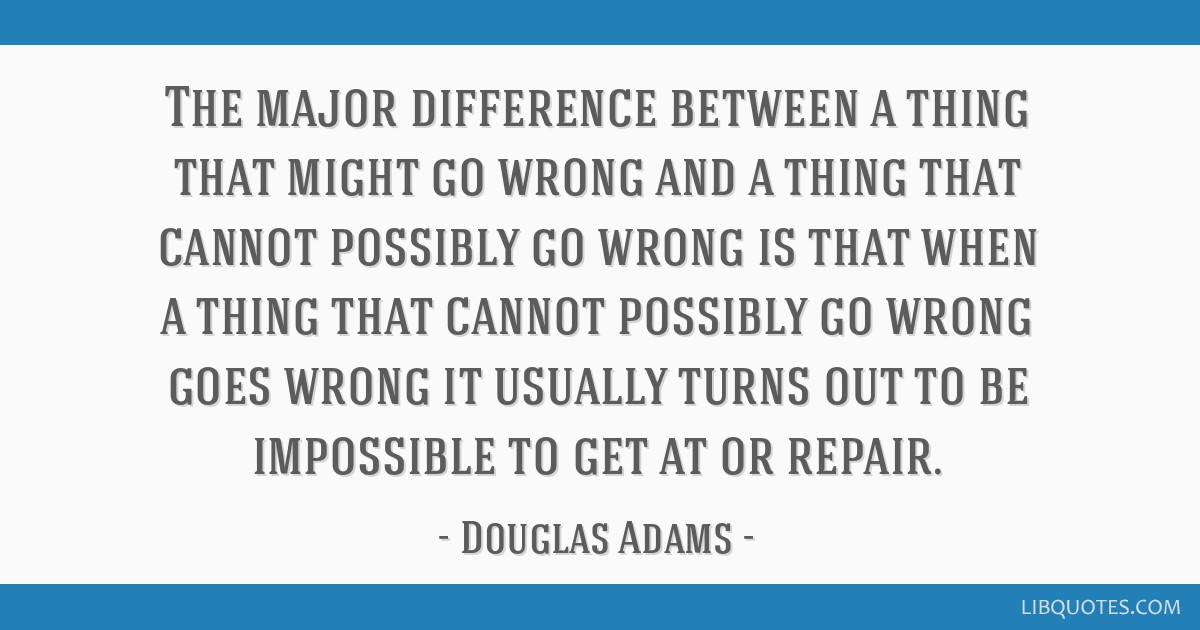


The Major Difference Between A Thing That Might Go Wrong And A Thing That Cannot Possibly



Passed Or Past
About Press Copyright Contact us Creators Advertise Developers Terms Privacy Policy & Safety How works Test new features Press Copyright Contact us CreatorsWe use go with colours andAn attempt at a short answer will (verb) means that the action of verbing is in the future, basically We want to say "X will happen before Y" where Y is some action in the future;



What Is The Difference Between Here We Go And There We Go English Language Usage Stack Exchange



Where The Waste Goes 2 By Guampedia Issuu
What is the difference between goes and to go? · In the second sentence, the verb is simply "go" and "to" appears as a preposition that introduces the destination where the subject will arrive as a result of performing the intransitive action of the verb In the third sentence, "go on" is a phrasal verb that means initiate or undertake, like when one goes on a walk or goes on hiatusMisused grammar english Go – The present tense form of the verb (the action of "going" is happening NOW) I will go out soon Let's go fishing tomorrow We used to go dancing on the weekend Went – The past tense of this verb (the action of "going" is finished and over with) We went to Spain last year



What Is The Difference Between Were And Where The Grammar Guide



The Difference Between Men And Women Buzzjokes
Much warmer today and a little bit of sunshine goes a long way to making me feel a lot brighter(go into something) to change to a different movement, state, or condition, usually a worse one Her car went into a dangerous spin Fur sales went into a steep decline last month



French Verb Focus Aller To Go Frenchentree
:max_bytes(150000):strip_icc()/ThoughtCoChalkboard9-5b35491446e0fb003ebe4128.png)


Example Sentences Using Irregular Verbs In All Tenses



What Is The Use Of Go And Goes In Grammar Quora
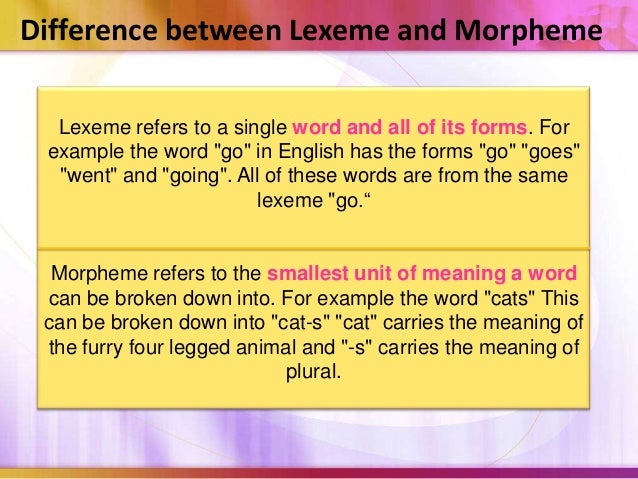


Words And Lexemes Ppt



When To Use Rust And When To Use Go Logrocket Blog
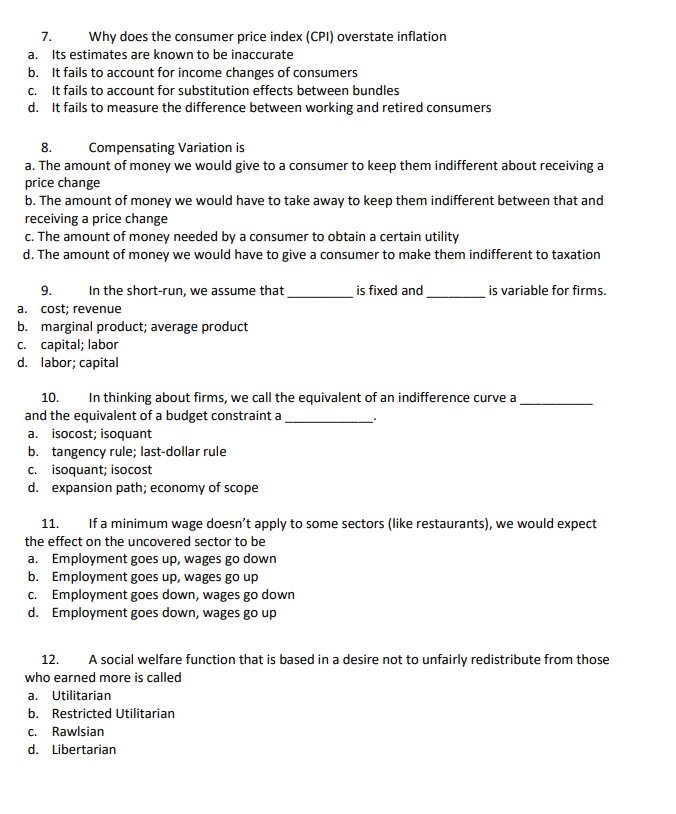


Solved 7 Why Does The Consumer Price Index Cpi Oversta Chegg Com



What Is The Difference Between Go And Goes Go Vs Goes Hinative



Solved Questions 1 A Bond S Price Goes Down When Intere Chegg Com



Fed Tapering Investment And Consumption Difference Between Investment



Will Vs Going To Differences Between Will And Going To 7esl
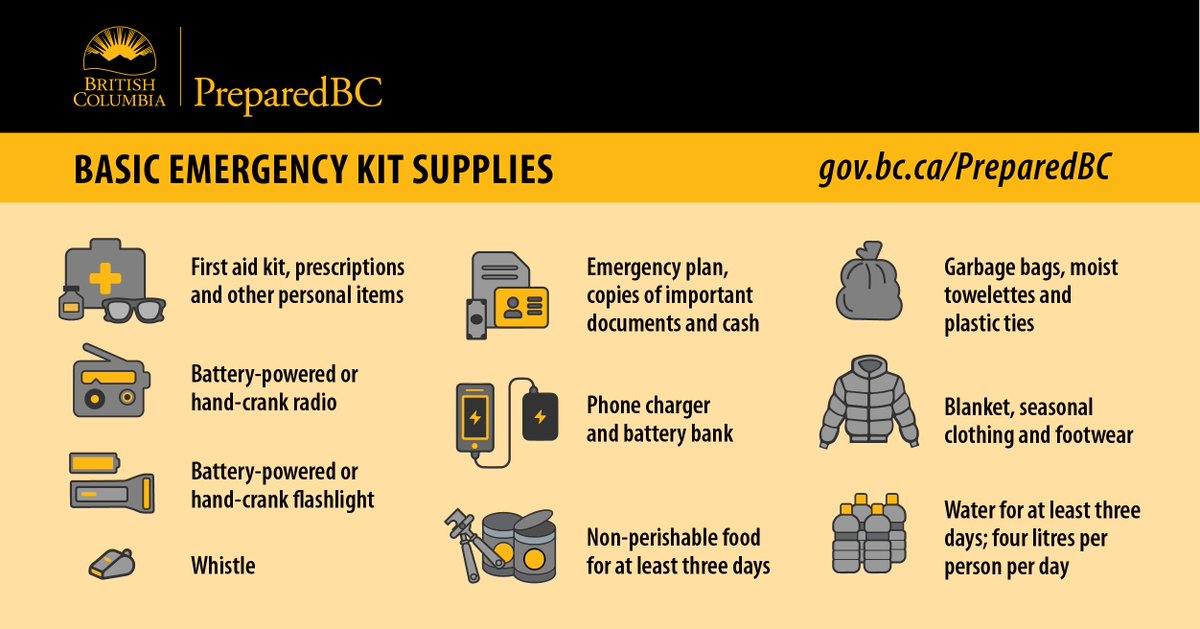


Preparedbc Ar Twitter What S The Difference Between An Emergency Kit A Grab And Go Bag A Kit Should Have Supplies For 3 Days To 1 Week Including Food Water A Grab And Go Bag



The Differences Between Fleas And Ticks Cesar S Way



What Is The Difference Between Friends And See How It Goes Sometimes I Feel She Acts More Serious Than I D Like But I Don T Want Her To Go Over Board Either



Second Person Singular And Plural Examples



Difference Between Gone And Went Learn English Grammar Online Simple Past Tense Learn English Grammar Grammar Online



Come And Go How To Use Come Vs Go Correctly Eslbuzz Learning English
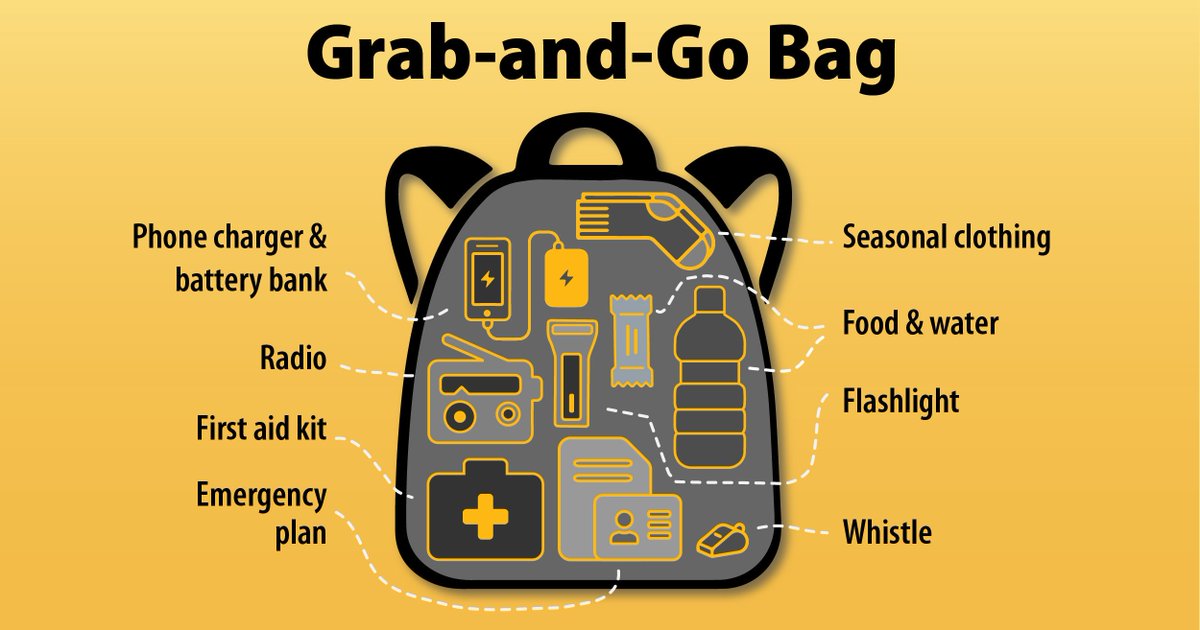


Preparedbc What S The Difference Between An Emergency Kit A Grab And Go Bag A Kit Should Have Supplies For 3 Days To 1 Week Including Food Water A Grab And Go Bag



Calameo What Is The Primary Difference Between Mediation And Arbitration



Douglas Adams Mostly Harmless The Major Difference Between A Thing That Might Go Wrong And A Thing That Cannot Possibly Go Wrong Is That When A Thing That Cannot Possibly Go Wrong



Chapter 3 Noticing Grammar Instruction Instruction Grammar Interpretation Activities Noticing Consciousness Raising Form Focus Vs Meaning Focus Meaning Ppt Download



Don T Vs Doesn T Negative Sentences English Grammar Rules



He Goes Yugo We All Go Album On Imgur



Go Went Gone What S The Difference Learn With Examples Youtube In 21 Learn English Learning I School



The Major Difference Between A Thing That Might Go Wrong And A Thing That Cannot Possibly Go Wrong Is That When A Thing That Cannot Possibly Go Wrong Goes Wrong It Usually


First Rule Of Government You Should Never Let A Good Crisis Go To Waste Independent Ie



Concept Maps Learning Center



What Is Difference Between Go Going Gone And Goes Justlearn



Quotes Donut The Major Difference Between A Thing That Might Go Wrong And A Thing That Cannot Possibly Go Wrong Is That When A Thing That Cannot Possibly Go Wrong Goes



The Major Difference Between A Thing That Might Go Wrong And A Thing That Cannot Possibly



The Major Difference Between A Inspirational Quote By Douglas Adams
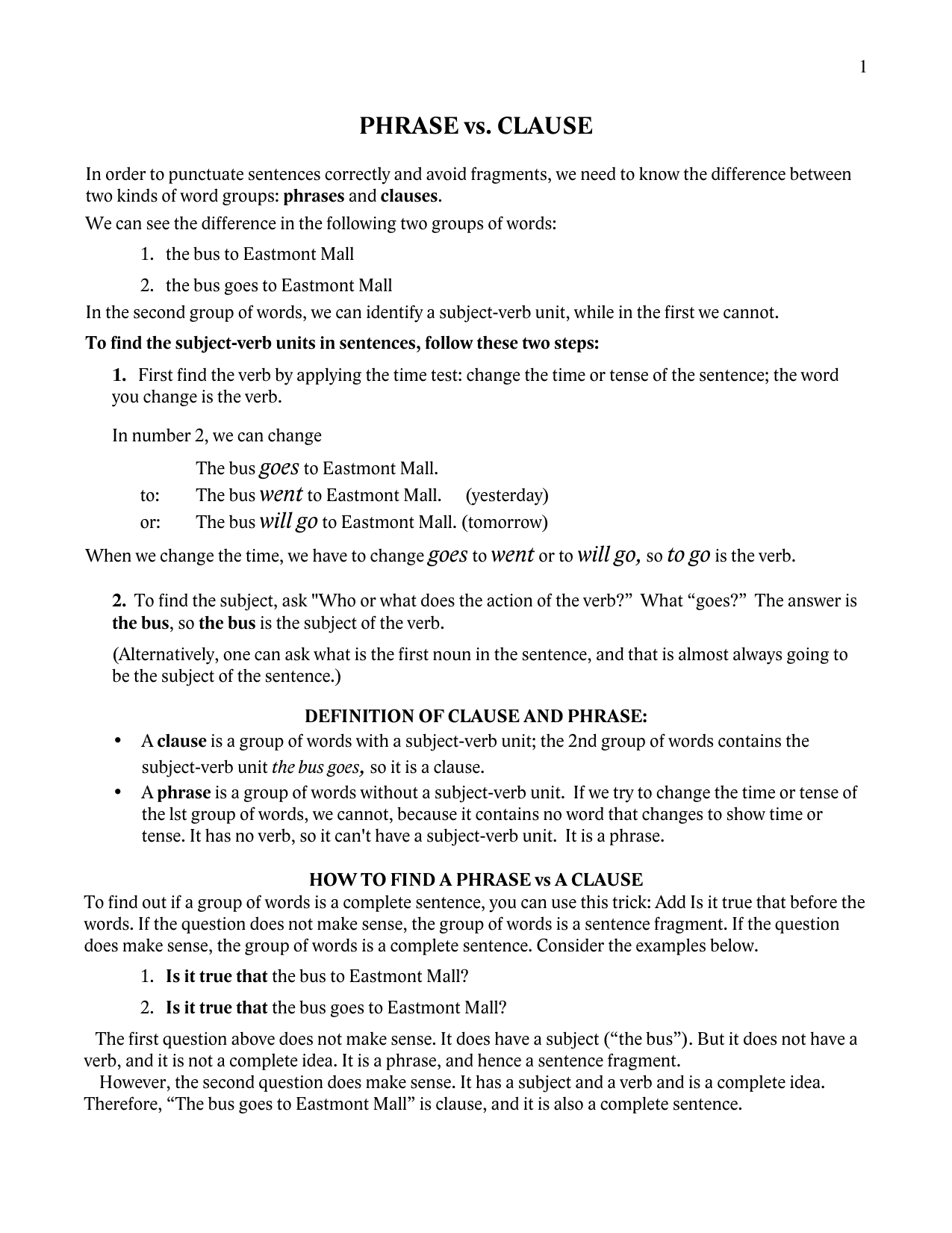


Grammar Handout Phrase Vs Clause
/irregular-687909584-5ab2f9c53418c600360fe102.jpg)


Past Participles In English Grammar



What S The Difference Between Tumblr Com And Tumblr Net The Net Goes Me This Warning For Some Reason Tumblr



When To Use Rust And When To Use Go Logrocket Blog



Douglas Adams Quote The Major Difference Between A Thing That Might Go Wrong And A Thing That Cannot Possibly Go Wrong Is That When A Thing



Quote Of The Day
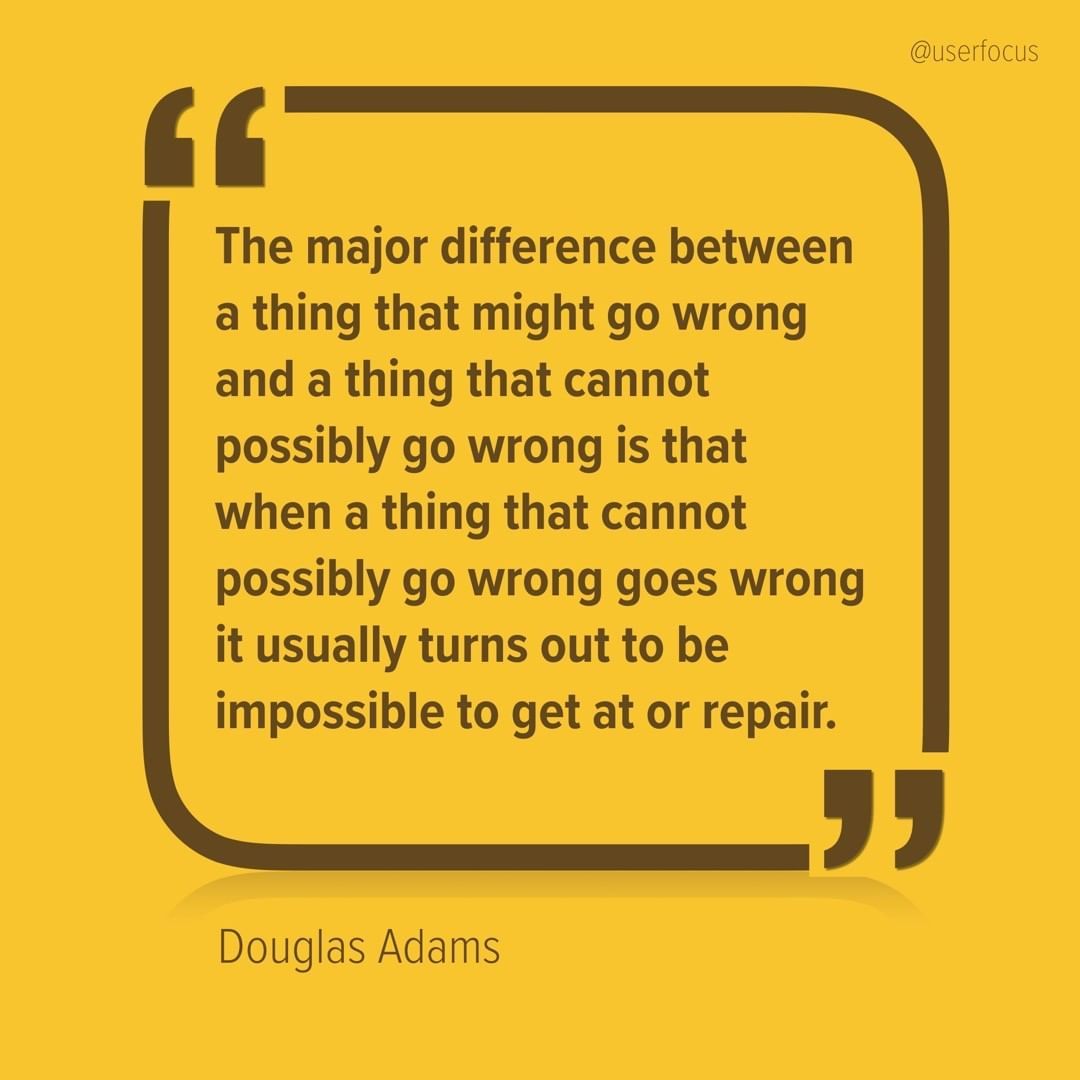


David Travis در توییتر The Major Difference Between A Thing That Might Go Wrong And A Thing That Cannot Possibly Go Wrong Is That When A Thing That Cannot Possibly Go Wrong


Douglas Adams Quotes Quotehd



What S The Difference Between Santa And Jews Santa Goes Down The Chimney But Jews Go Up Hitler Meme Generator



What Is The Difference Between A Septic System And A Sewer System
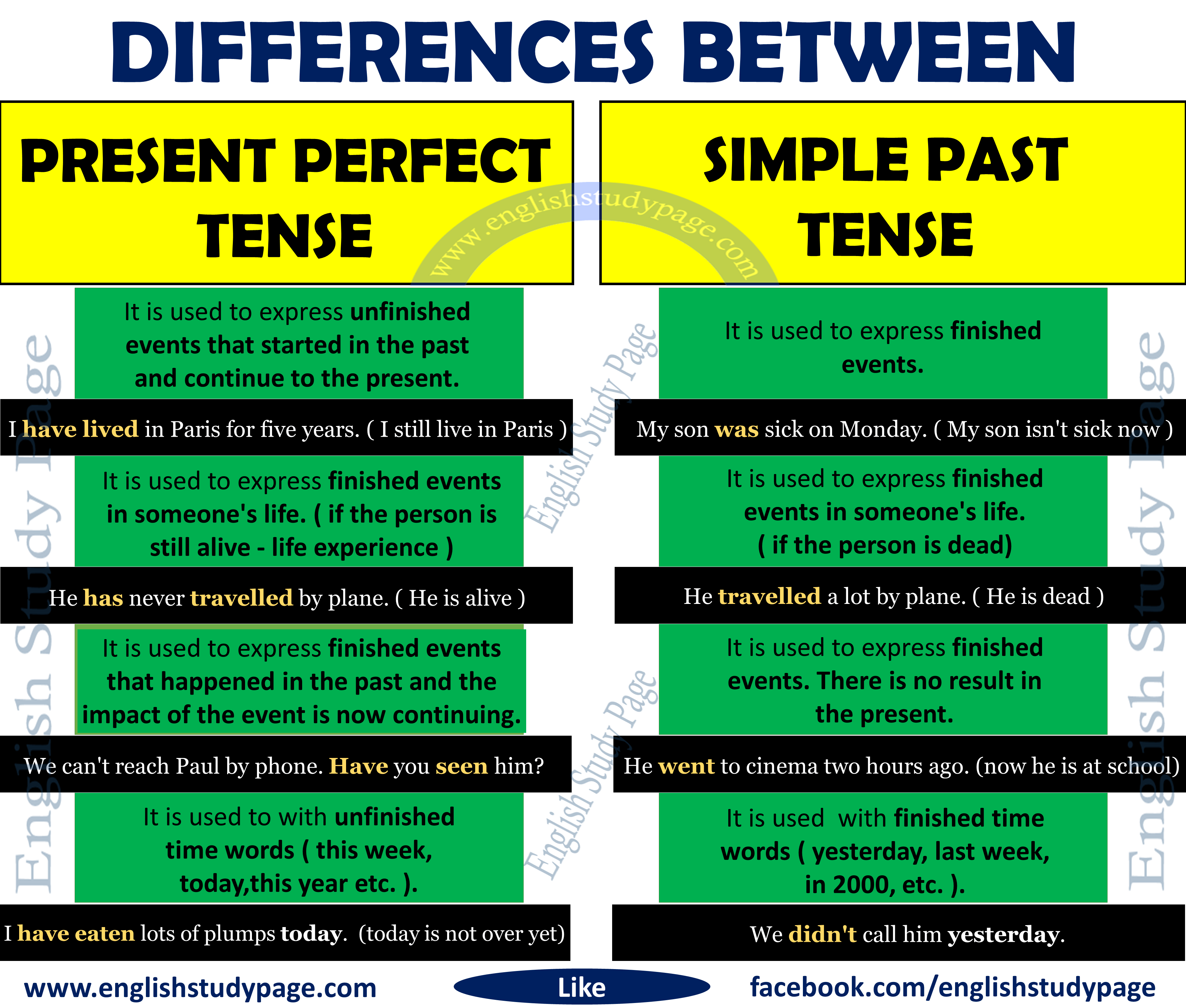


90 Sentences Of Simple Present Tense Example Sentences English Study Page



Amazon Com The Major Difference Between A Thing That Might Go Wrong And A Thing That Cannot Possibly Go Wrong Is That When A Thing That Cannot Possibly Go Wrong Goes Wrong It
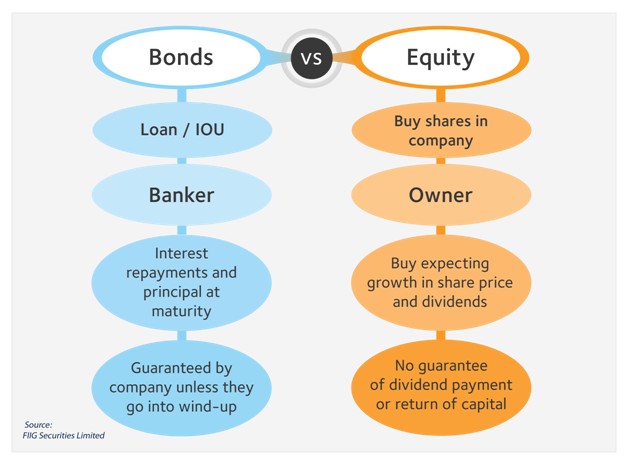


What Is The Difference Between A Bank Paying A 7 Dividend And A 7 Bond Coupon



Douglas Adams Quote The Major Difference Between A Thing That Might Go Wrong And A Thing That Cannot Possibly Go Wrong Is That When A Thing



Understanding Passe Compose



Project Leader Vs Project Manager The 7 Essential Project Leadership Skills Planio



Parag Goes To The Healthy Gym And Rashmi Decides To Go To Stay Fit Gym Their Father Decides Togive Brainly In
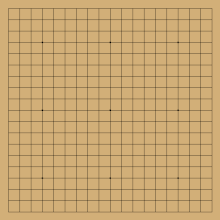


Go Game Wikipedia



Is There A Difference Between In Ear Headphones And Over Ear Headphones When It Comes To Hearing Los By Attunehearing Issuu
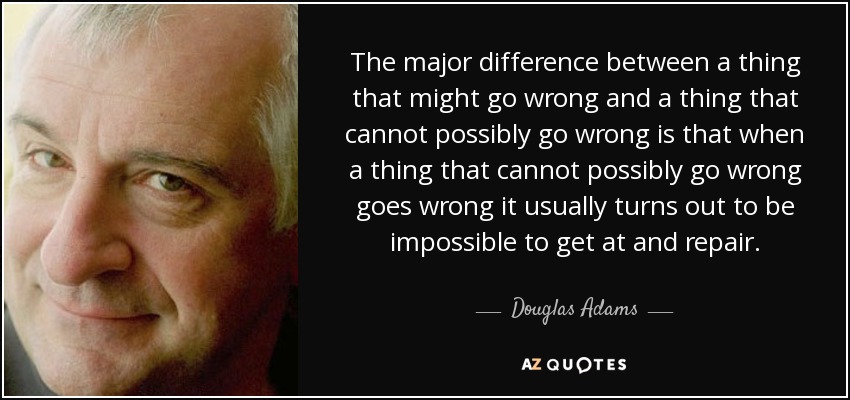


Douglas Adams Quote The Major Difference Between A Thing That Might Go Wrong
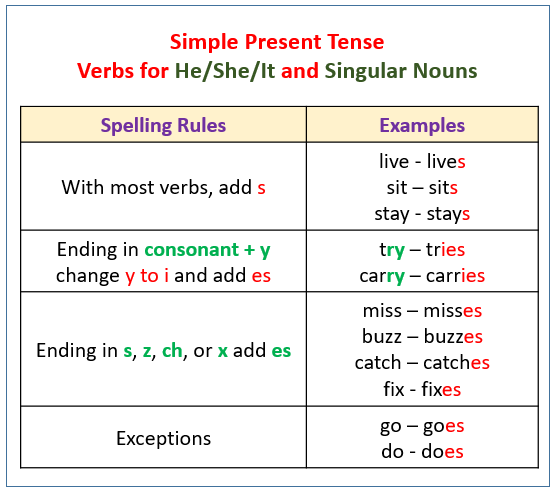


Verbs Present Tense Video Lessons Examples Explanations


What Is The Use Of Go And Goes In Grammar Quora



May Vs Might Writer S Digest



Common Errors In Spoken English Go Goes Going Went Or Gone Learn English Mistakes Misused Grammar English



The Major Difference Between A Thing That Might Go Wrong And A Thing That Cannot Possibly Go Wrong Is That When A Thing That Cannot Possibly Go Wrong Goes Wrong It Usually



Lol Deepika Padukone Talks About Her Culinary Skills Says She Wants To Learn The Difference Between Dhaniya Pudina And Besan And Atta



Will Vs Going To Differences Between Will And Going To 7esl



Present Simple Tense Go Goes Forms Difference Youtube
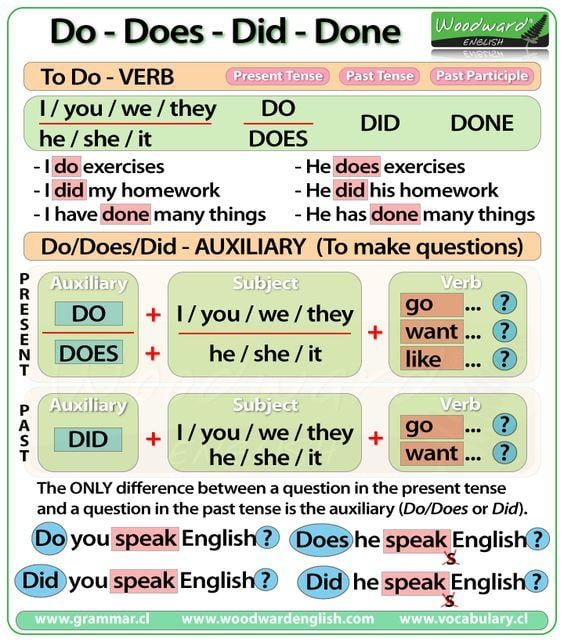


Do Does Did Done



What S The Difference Between Go Home And Come Home Thanks Ask Fm The Yuniversity



Solved Question 15 In The Circuit Below The Battery Maint Chegg Com
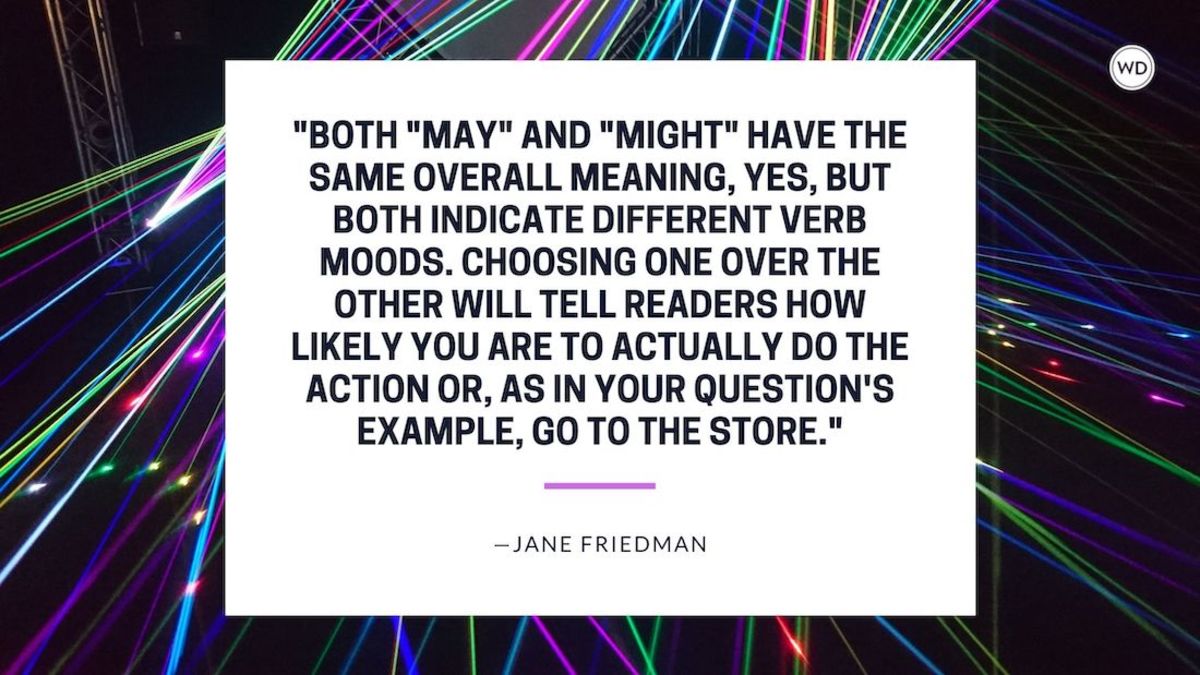


May Vs Might Writer S Digest



What Is The Difference Between Go And Goes Go Vs Goes Hinative



Amazon Com The Major Difference Between A Thing That Might Go Wrong And A Thing That Cannot Possibly Go Wrong Is That When A Thing That Cannot Possibly Go Wrong Goes Wrong It



The Major Difference Between A Thing That Might Go Wrong And A Thing That Cannot Possibly Go Wrong Is That When A Thing That Cannot Possibly Go Wrong Goes Wrong It Usually



The Major Difference Between A Thing That Might Go Wrong And A Thing That Cannot Possibly



What Is The Use Of Go And Goes In Grammar Quora


What Is The Use Of Go And Goes In Grammar Quora


The Major Difference Between A Thing That Might Go Wrong And A Picture Quotes



Will Vs Going To Differences Between Will And Going To 7esl



0 件のコメント:
コメントを投稿